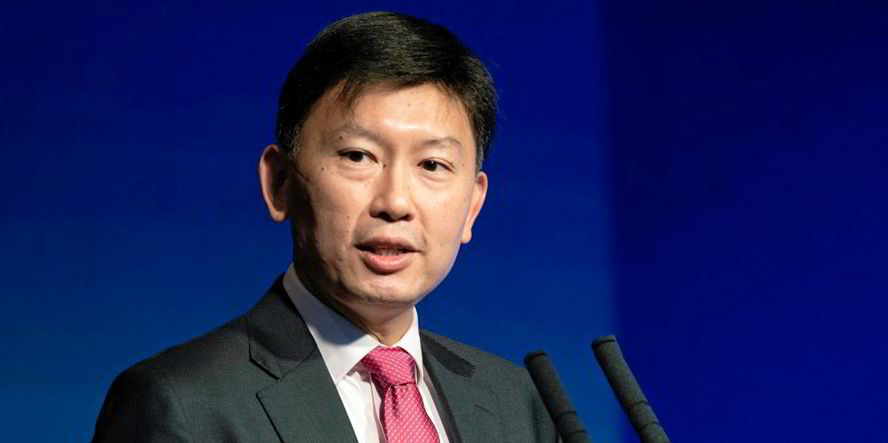Singapore has distanced itself from imposing a windfall tax on energy companies over fears it might hamper its decarbonisation efforts.
Several countries have introduced windfall taxes on the extraordinary profits of energy companies in light of elevated global oil and gas prices over the past year.
“Such taxes can yield short-term revenues, but they will damage the economy in the longer term,” the senior minister of state for finance, Chee Hong Tat, told parliament.
“Windfall taxes arbitrarily applied to companies just because of their recent ‘record profits’ will lead to considerable business uncertainty and disincentivise long-term private investments.
“Energy companies will hold back on investing in greener fuels and decarbonisation measures, which will make it harder for us to achieve our net zero targets.”
Chee said it is typical for energy markets to experience up and down cycles, with higher profits in good years helping the energy companies smooth out past losses and prepare for future downcycles.
“Singapore’s value proposition as a trusted business hub had been based on the country’s long-term stability, anchored on strong rule of law and a predictable regulatory environment,” he said.
“Arbitrary measures like windfall taxes will send the wrong signal to businesses and discourage them from investing in Singapore.”
This would “erode investor confidence, and in turn affect Singapore’s competitiveness and the livelihoods of our workers, who could either lose their jobs or have fewer career advancement opportunities when businesses divert their investments elsewhere”.
“We must not let the temptation of short-term revenue gains come at the expense of our long-term economic competitiveness,” he said.
“We must be careful not to resort to populist ideas to raise revenue that will ultimately hurt businesses, our economy and Singaporeans.”
Singapore has fast become a centre of excellence for maritime decarbonisation efforts, backed by major energy companies Shell, BP, ExxonMobil and TotalEnergies.





